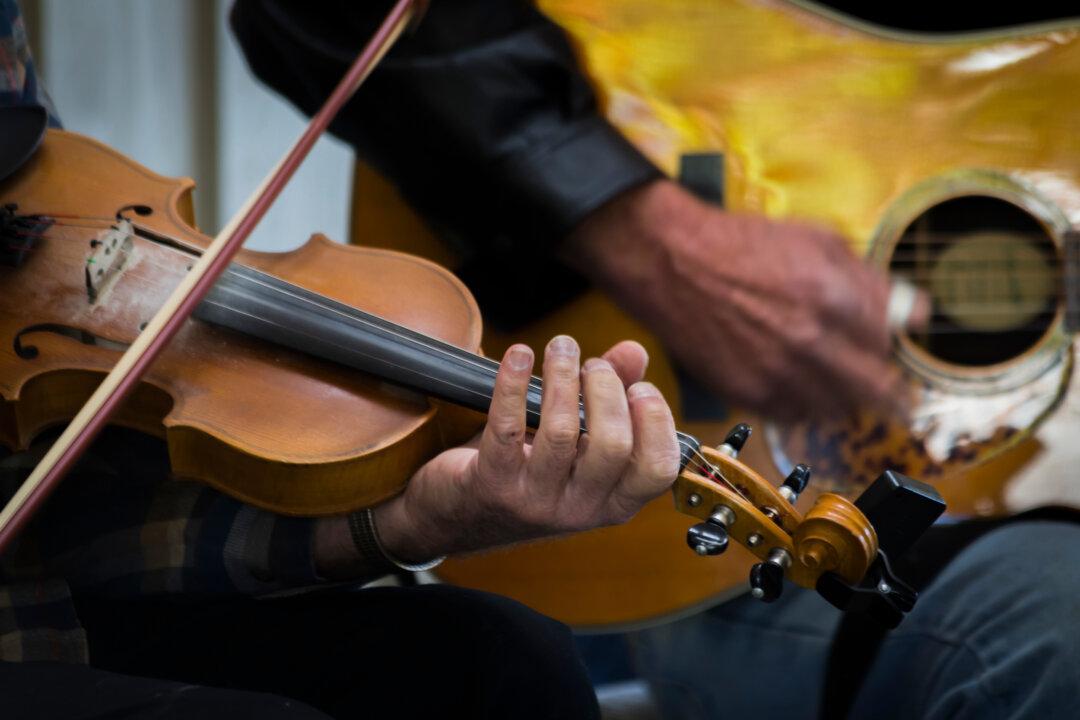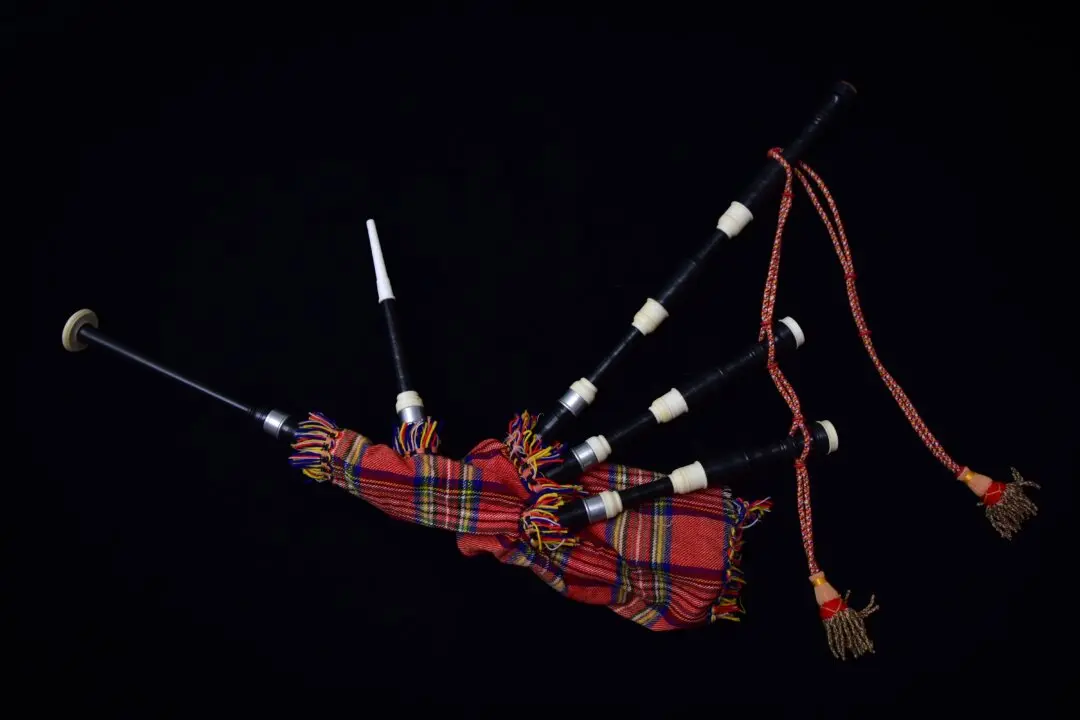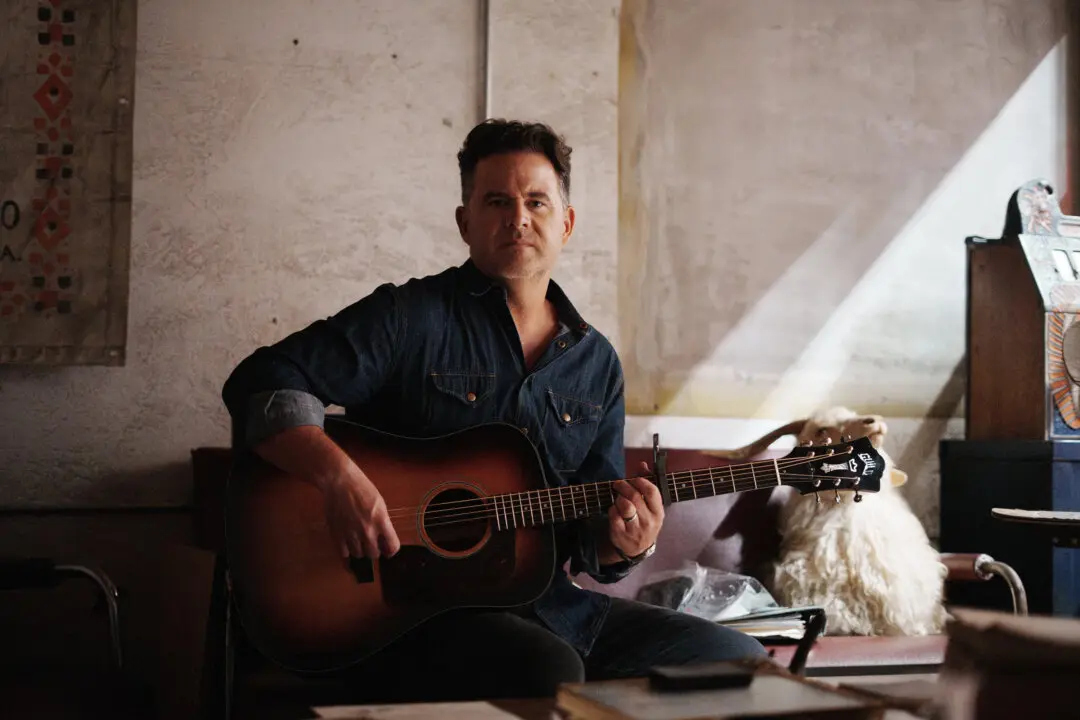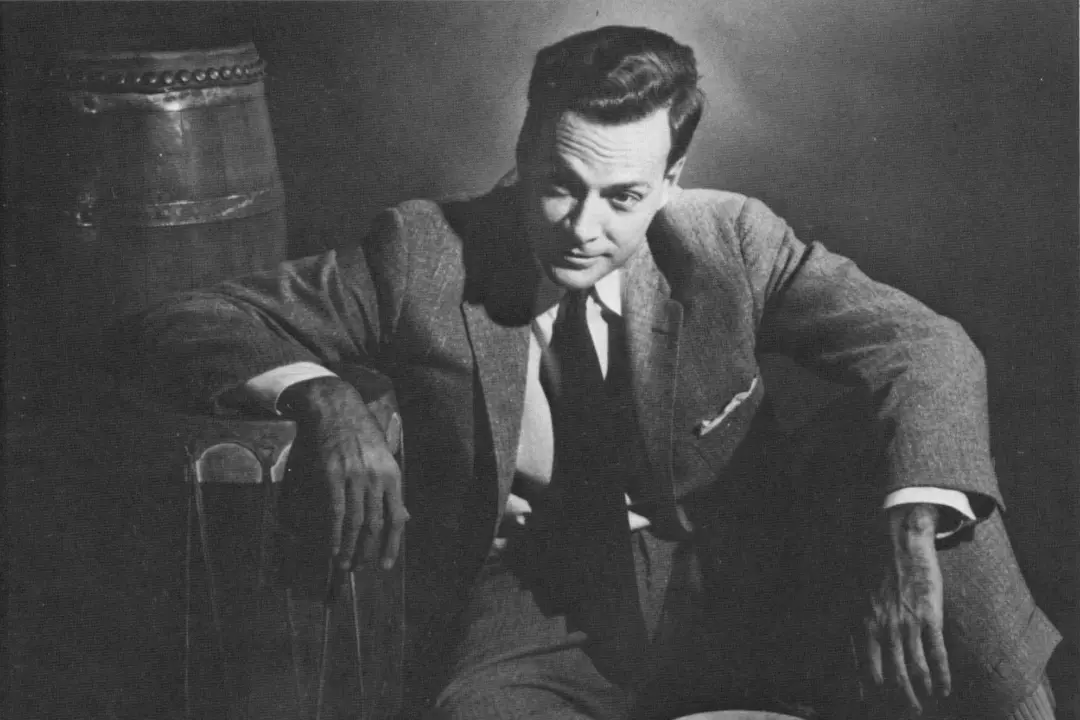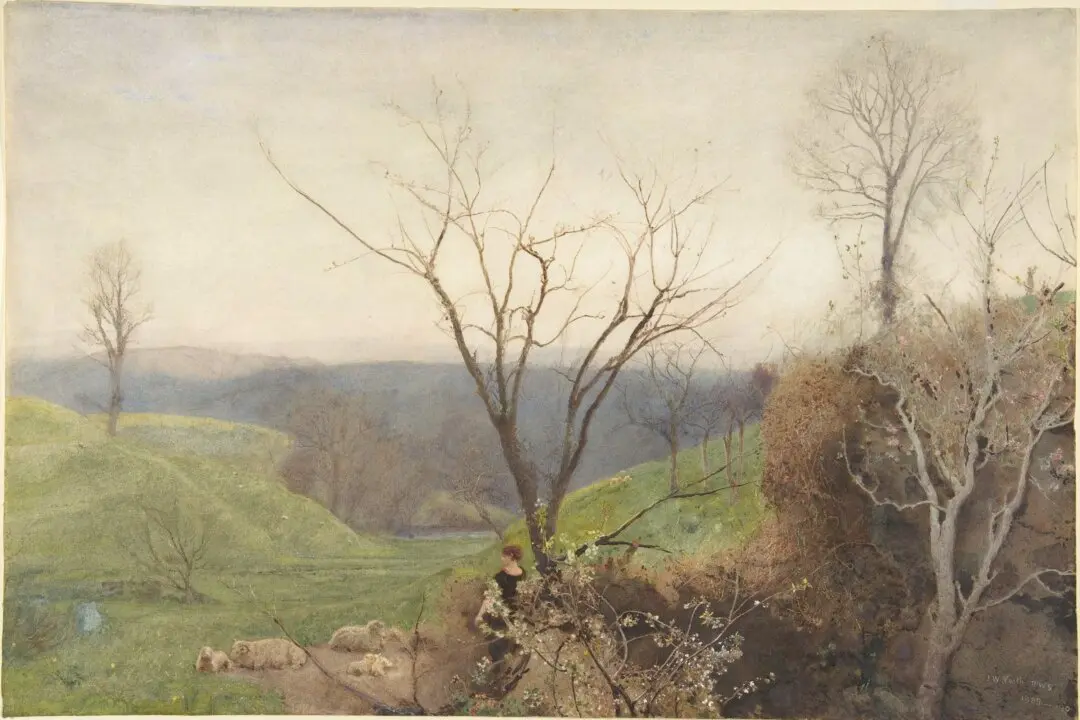The Heritage Music Trail in southwest Virginia is a truly unique tourist experience. Spanning 330 miles, the regional destination is a one-of-a-kind trip coined “The Crooked Road.”
Beginning in 2003, state officials put together a plan to properly document the driving route known as “The Homeplace of America’s Music.” The undertaking took years to develop. Now, markers line the scenic stretch of highway, signaling travelers to stop off at many different locations. These stops include museums, live music venues, and shops, all honoring Virginia’s vital role in the creation of American traditional music.

